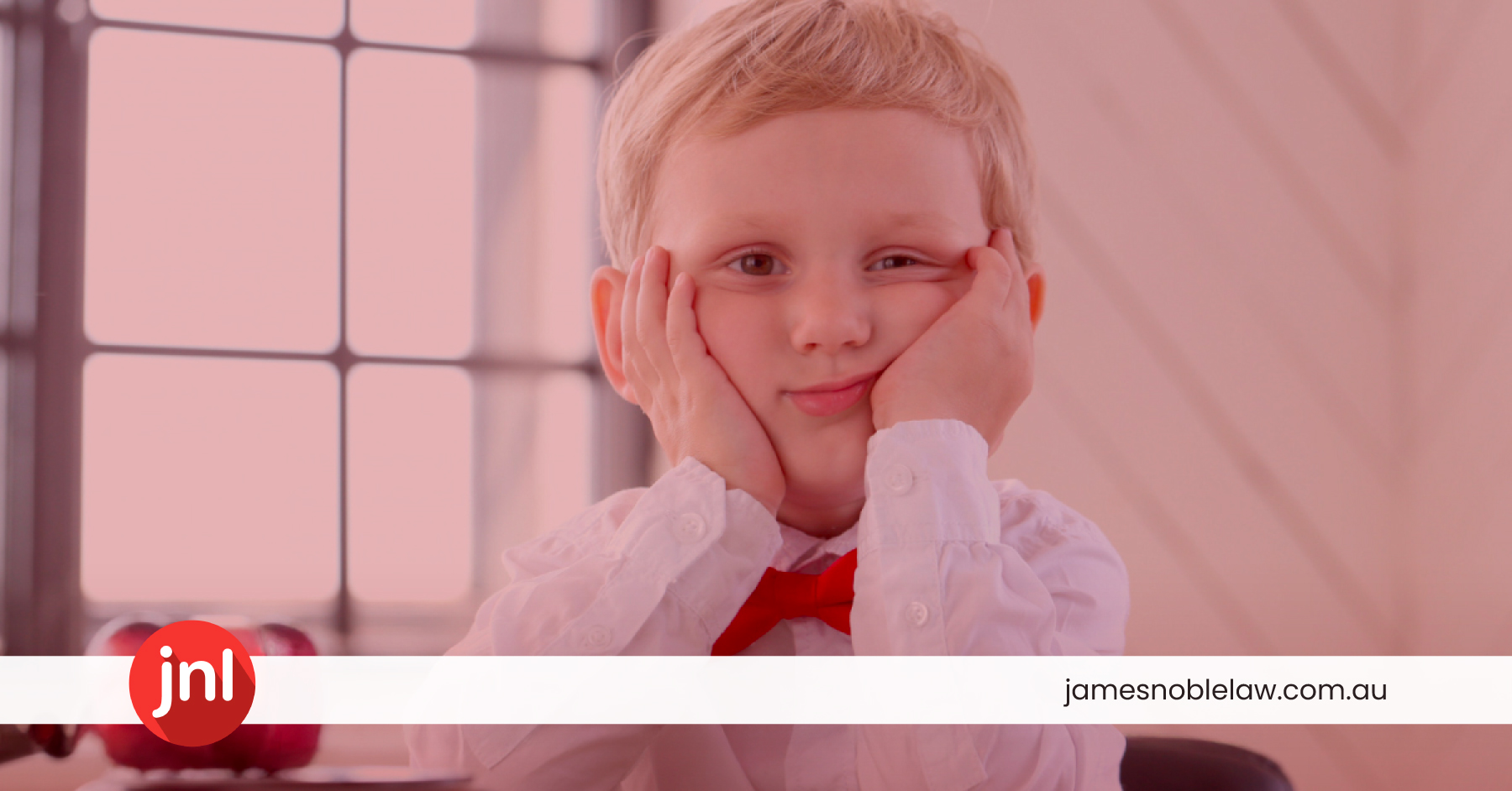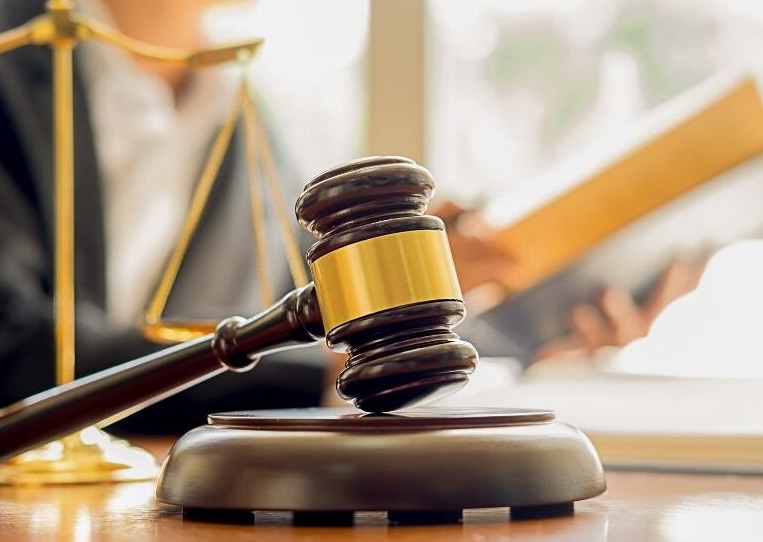
Independent Children’s Lawyer (ICL)

Relebant Law
The Family Court has inherent jurisdiction and hence power to control its own proceedings including the power to appoint and discharge an ICL.
Such power is by its nature discretionary. Specifically, the power to appoint an Independent Children’s Lawyer (ICL) is provided at s 68L of the Family Law Act 1975 (Cth) (“The Act”).
Section 68LA sets out the role of the ICL as follows:
68LA Role of independent children’s lawyer
When section applies
(1) This section applies if an independent children’s lawyer is appointed for a child in relation to proceedings under this Act.
General nature of the role of independent children’s lawyer
(2) The independent children’s lawyer must:
(a) form an independent view, based on the evidence available to the independent children’s lawyer, of what is in the best interests of the child; and
(b) act in relation to the proceedings in what the independent children’s lawyer believes to be the best interests of the child.
(3) The independent children’s lawyer must, if satisfied that the adoption of a particular course of action is in the best interests of the child, make a submission to the court suggesting the adoption of that course of action.
(4) The independent children’s lawyer:
(a) is not the child’s legal representative; and
(b) is not obliged to act on the child’s instructions in relation to the proceedings.
Specific duties of independent children’s lawyer
(5) The independent children’s lawyer must:
(a) act impartially in dealings with the parties to the proceedings; and
(b) ensure that any views expressed by the child in relation to the matters to which the proceedings relate are fully put before the court; and
(c) if a report or other document that relates to the child is to be used in the proceedings:
(i) analyse the report or other document to identify those matters in the report or other document that the independent children’s lawyer considers to be the most significant ones for determining what is in the best interests of the child; and
(ii) ensure that those matters are properly drawn to the court’s attention; and
(d) endeavour to minimise the trauma to the child associated with the proceedings; and
(e) facilitate an agreed resolution of matters at issue in the proceedings to the extent to which doing so is in the best interests of the child.
Disclosure of information
(6) Subject to subsection (7), the independent children’s lawyer:
(a) is not under an obligation to disclose to the court; and
(b) cannot be required to disclose to the court any information that the child communicates to the independent children’s lawyer.
(7) The independent children’s lawyer may disclose to the court any information that the child communicates to the independent children’s lawyer if the independent children’s lawyer considers the disclosure to be in the best interests of the child.
(8) Subsection (7) applies even if the disclosure is made against the wishes of the child.
Further, the Court has publicly provided guidelines for the role and conduct of the ICL relevantly. Such guidelines are detailed below.
The Court has the power to discharge the ICL.

Numerous authorities, including the recent decision of Lim & Zong
[1] have considered applications for the discharge of an ICL and suggest a broad range of rationale for such an order including but not limited to:
(i) acting contrary to the child’s interests;
(ii) incompetence;
(iii) lack of professional objectivity; and
(iv) conflict of interest.
(1) It is consistent with the role of the ICL and professional discharge of obligations for the ICL to advocate a particular course of action adverse to, or inconsistent with the position of a party.
[2] The role of the ICL is not a passive one and by its nature should be proactive and at times robust in advocating for the child’s best interests.
[3] The role of the ICL is independent and it is inappropriate for a litigant to micro-manage or critique every step taken by the ICL.
[4] It is generally agreed that a court should be slow to discharge an ICL on the basis of largely unsubstantiated complaints of one or other of the parties by the very reason that it is equally likely that one or other of the parties will be in disagreement with or aggrieved by the decisions or process taken by the ICL.
[5] A party may argue, on one limb, that the ICL is biased against that party and/or has predetermined the issue in favour of the other party and in that sense has not acted impartiality. It is well-established that such bias may be of either actual or apprehended/perceived basis.
[6] Forest J considered in great detail the concept of apprehended bias in Vale & Vale
[7] as follows:
It is accepted principle that the Court should be slow to discharge an ICL simply where one party complains, in an unsubstantiated way, about the ICL because they do not like or accept the position being taken by the ICL overall or in respect of any particular aspect of the conduct of the case by the ICL.
Holden CJ in Lloyd & Lloyd & the Child Representative (2000) FLC 93-045 apposite said:
A court should treat allegations of lack of impartiality with caution. To do otherwise would leave every [ICL] in the perilous position of facing an application that he or she be discharged because of unfounded allegations or perceptions made by one or other of the parties.
There is a need on the part of a [ICL] to retain his or her impartiality, that is, to be fair to all concerned. However, that does not mean he or she must take or not take steps in the proceedings simply because one or other of the parties does or does not want her or him to take that step.
It would be an intolerable situation if a party could successfully apply to have a [ICL] removed simply because that party perceived that the [ICL] was not “on side” or that the tide was not running in his or her favour.
As Murphy J pointed out in Knibbs at [43]-[45], there will be times when the ICL, acting completely within the bounds of his or her duty and in accordance with their independent, professional opinion, as to what is in the best interests of the children in the case, will say and do things that might very well have the appearance of partiality even, perhaps, to the objective bystander.
The ICL’s duty and obligations do not require, again as Murphy J said in Knibbs at [49], the ICL to act as merely “a benign or ambivalent mouthpiece for competing evidence.”
It is not uncommon for the ICL to make or cause submissions to be made on his or her behalf by counsel that are completely at odds with the position adopted by one parent and completely consistent with the position adopted by the other parent.
The objective bystander might look to that and reasonably consider that the ICL appears to be partial towards one party’s position rather than the other. That does not mean though that the ICL should, on the application of an unhappy parent with whom the ICL is at odds, be discharged from the case.
It will be a matter of considering the evidence presented on each application for the discharge of an ICL to determine if the evidence demonstrates sufficient lack of objectivity and professionalism on the part of the ICL such as to justify his or her discharge.
The mere appearance of partiality to a particular party’s position will not necessarily suffice to warrant the ICL’s removal.
The ICL may legitimately and responsibly say things that are challenging and confronting to the parent in respect of his or her views about parenting and the best interests of his or her children in the particular circumstances of the case, but that does not necessarily mean that the ICL is not acting in accordance with his or her duty in the case.
The ICL might seek from the Court orders completely contrary to orders sought by one or both of the parents. That does not mean the ICL is not acting independently and impartially in the best interests of the children.
Family Consultant
Family Consultants have qualifications in psychology or social work and work within the court to assist and advise people involved in the proceedings, to assist and advise courts, to give evidence about the proceedings, to help people involved in the proceedings to resolve their disputes, to provide reports to the court and to advise the court about appropriate family counsellors, family dispute resolution practitioners and courses, programs and services to which people involved in proceedings can be referred.
Family Violence Best Practice Principles
The family law courts have acknowledged that there are many circumstances where families are attending court where violence is a factor. To assist parties in the resolution of disputes, and to promote the safety of litigants, the Federal Circuit and Family Court of Australia and the Family Court of Western Australia have articulated policies to guide litigants, practitioners and others of the approach taken by these courts in circumstances of family violence.
Gillick Competent
Before a child reaches the age at which he or she could consent to medical treatment under the relevant legislation, the child may be lawfully competent to consent to at least some procedures. This depends on whether the child is a ‘mature minor’ under the Gillick test, a test which was approved by the High Court of Australia in 1992. This means that the person has ‘achieved a sufficient understanding and intelligence to enable him or her to understand fully what is proposed’.
Treatment may be provided to a child if the parent or guardian consents or, if the child consents and (a) the medical practitioner is of the opinion that the child is capable of understanding the nature, consequences and risks of the treatment and that the treatment is in the best interests of the child’s health and wellbeing, and (b) that opinion is supported by the written opinion of another medical practitioner who has examined the child.
Need help?
Contact the Brisbane family law team at James Noble Law today for a FREE 20-minute consultation no obligation. To schedule an appointment with one of our Qualified and experienced Affordable Family lawyers in Brisbane.
Find Brisbane family lawyers on Google Maps near you.
Helpful Family Law Documents & Guides
- A Guide to Children Negotiation and Family Law
- A Guide to Property & Family Law Act Paper
- A Guide to Alternative Dispute Resolutions
- A Guide to Preparing for the unthinkable
- A Guide to Collaborative Practice Paper
- A Guide to Separation in Family Law
- A Guide to Family Law Property
- A Guide to Dispute Resolution
- A-Z Collaborative Law eBook
- A Guide to Separation
- A Guide to Children
- Arbitration eBook


